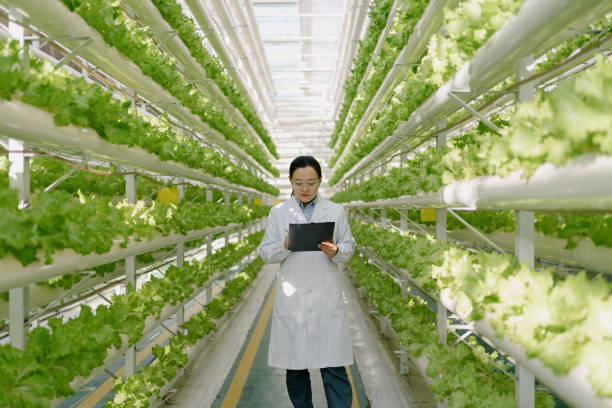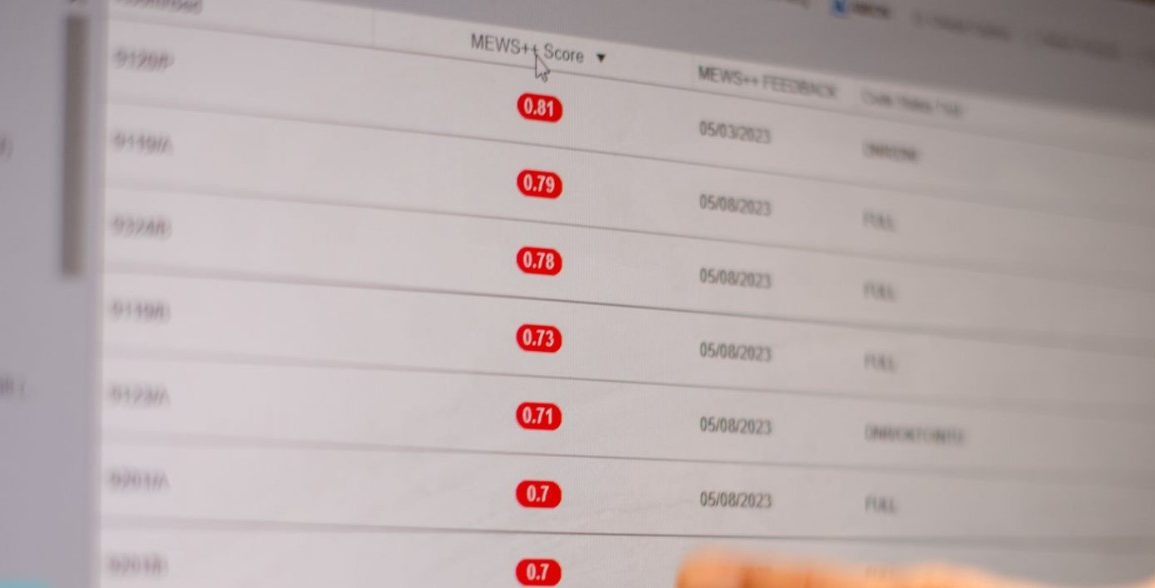As the buzz around artificial intelligence (AI) grows in 2024, its applications extend beyond tech to the crucial realm of agriculture.
Researchers at Purdue University are pioneering efforts to leverage AI to analyze extensive datasets, aiming to enhance our understanding of how climate change impacts crop yields.
A recent study published in Frontiers in Plant Science highlights the work of Claudia Aviles Toledo, a geomatics PhD candidate, alongside faculty advisors Melba Crawford and Mitch Tuinstra.
They demonstrated the use of a recurrent neural network to predict maize yield by integrating data from remote sensing technologies with environmental and genetic information.
Traditionally, plant phenotyping—assessing plant characteristics—has been labor-intensive, involving manual measurements and heavy equipment.

However, advancements in remote sensing, including the deployment of uncrewed aerial vehicles (UAVs) and satellites, are revolutionizing data collection, making it more efficient and accessible.
Tuinstra, a professor of plant breeding and genetics, emphasized that combining UAV-based data acquisition with deep-learning models can significantly enhance the prediction of complex traits in crops like maize.
The use of hyperspectral cameras and LiDAR technology enables researchers to gather critical plant data, revealing insights that were previously undetectable by human senses.
This AI-driven approach allows for the early identification of healthy and stressed crops, providing farmers with timely information to optimize management practices.
As Tuinstra noted, this innovative model marks a significant step in integrating plant genetics into yield predictions, ultimately aiding breeders in developing more resilient crop varieties.
By reducing labor costs and improving data analysis, this research promises to equip farmers with the tools they need to navigate the challenges posed by climate change, ensuring sustainable agricultural practices for the future.

